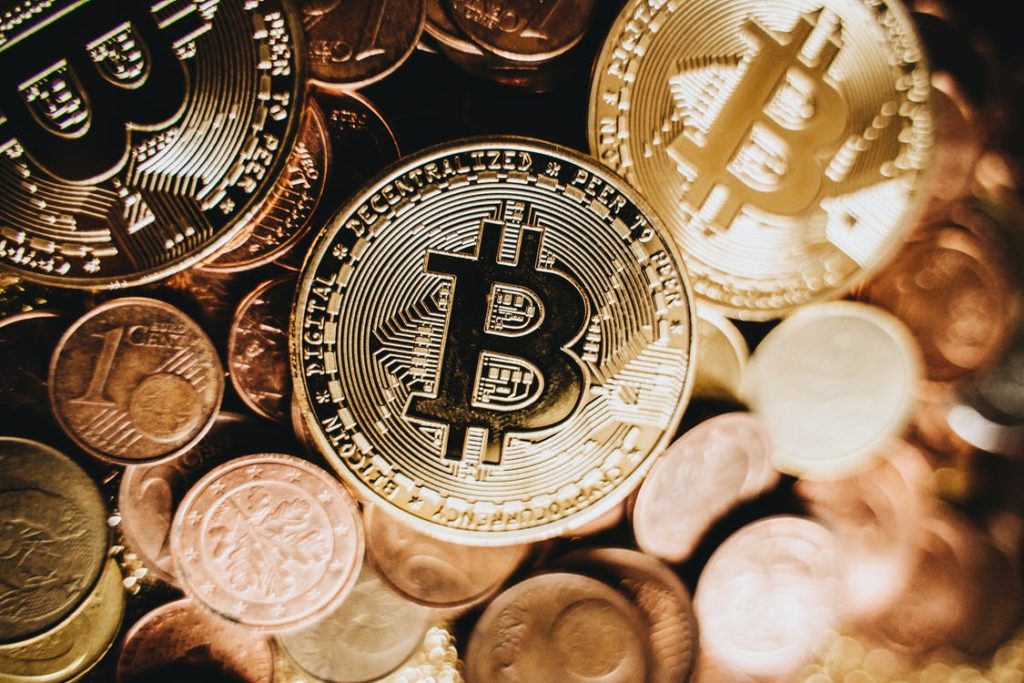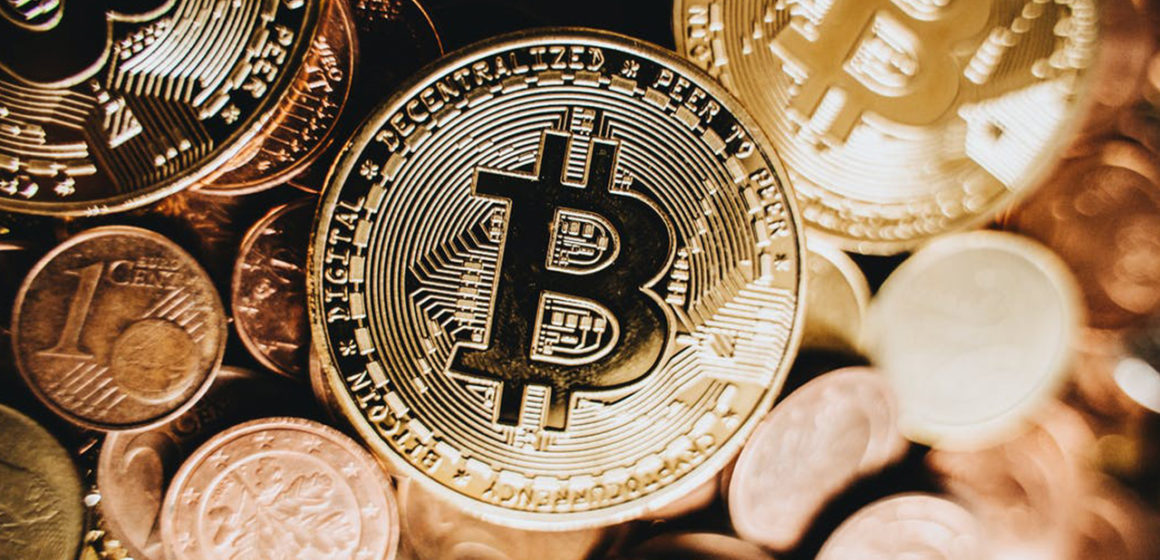If you watch financial television, you will see several commercials about people who believe that gold is a safe investment that you can hold and trust. As opposed to stocks and bonds, which are paper assets, gold is an asset that you can save and store yourself. While there are many ways to invest in gold, several investors purchase gold bars and coins and keep them in their homes or a safe deposit box at a bank. Gold holds a special place in the hearts of many investors. There are many ways that you can purchase gold, which includes physically buying coins and bars, along with using futures contracts, contracts for differences (CFDs) as well as buying gold exchange-traded funds (ETFs).

Why Do People Purchase Gold?
Many investors view gold as a safe-haven asset that will outperform during turbulent times. Consumers worldwide will use gold to store wealth, believing that gold will hold more value than their currencies. In essence, gold is viewed as an alternative to a paper currency. Unlike currencies around the globe that are paper products that can be manipulated by governments using interest rates, gold cannot be operated to suit the needs of a central bank. Gold prices have maintained their purchasing power over long periods making the yellow metal an alternative way to store wealth. Gold trading is often thought of as a process that surrounds uncertainty. During times of crisis, such as 9-11, gold trading will often pick up as investors seek a safe-haven asset to protect their portfolio.
How Can You Invest in Gold?
There are several ways to purchase gold bullion, bars, and coins. There are dozens of online trading websites that provide you with the opportunity to buy physical gold. You can also visit “brick and mortar” stores that will buy and sell gold you have. Pure gold attracts higher prices. The most actively traded gold is five-nine gold which is 0.99999 pure. You can purchase all levels of gold and all types. Gold merchants will often buy you gold jewelry, but unless it’s 24-carrot (close to five-nine), the value will be at a discount to pure gold.
You can also engage in gold trading securities that often track gold movements but don’t provide you with the right to acquire physical gold. The two most popular forms of these investment products are contracts for differences and exchange-traded funds. Each provides investors with exposure to the price of gold but does not provide you with physical gold. If you want exposure to the price, but are not set on holding your gold physically, then CFDs and ETFs are a less expensive alternative.
CFDs are offered by Forex and CFD brokers. ETFs are bought and sold by both stockbrokers and CFD brokers. An exchange-traded fund will track the movements of gold prices by purchasing physical gold. CFD brokers will often follow and index. Both CFD brokers and ETF managers engage in gold trading, actively buying and selling gold to track the movements of their bogie.
Another form of gold trading where you can initially trade a financial product but then convert it to a physical product is through futures trading. Futures contracts provide the owner the obligation to purchase physical gold at a date in the future. Futures contracts that are deliverable mean that the seller is bound to deliver to the buyer gold at a regulated exchange warehouse during a date range. You can buy and sell futures actively. In many cases, the activity is around the clock. Even though the product is deliverable, only a tiny fraction is ever taken to delivery. Most traders are out of the prompt contract ahead of the last trading day. Futures gold trading allows investors to store gold in a regulated warehouse, in commingled accounts.
Institutions will often trade gold through the over-the-counter market. This type of gold trading is similar to currency trading, where bilateral contracts are made between two parties. The promise to deliver gold traded in the spot market, as well as the forward market. Forward gold markets are calculated by using a gold forward rate, which is an interest rate.
The Bottom Line
Gold is a popular investment, as it provides a safe-haven asset that can be held and stored by individuals. Many investors like to own gold instead of holding paper assets. Gold is often volatile during turbulent times as investors flock toward the yellow metal during these periods. Gold trading can take place both physically and financially. You can purchase gold coins and bullion and store them yourself or in a comingled vault. You can also buy gold securities that track the movements of gold prices. The most popular forms of these securities are ETFs that hold gold and CFDs that track the movements of gold. Generally, the most significant volumes of gold occur in the OTC markets where banks and dealers operate.


Leave a Reply